Homeland Security Secretary Jeh Johnson said it was “unfair” to link right-wing extremist domestic terrorism such as white supremacist attacks with conservatives.
Johnson was asked in a forum hosted by Defense One this morning about whether “conservative extremism or white extremism,” depending “on the label of the study out from the Southern Poverty Law Center,” is “actually the bigger extremist threat in the United States” as opposed to Islamic terrorism.
“I wouldn’t call it conservative extremism. I think that’s very unfair to conservatives actually. It’s sick behavior. Domestic terrorism of whatever strike — stripe is sick behavior,” Johnson replied.
“And we’ve created in DHS, an office for community partnerships, that is focused on countering ground extremism of a domestic nature, of the domestic agenda, versus an international terrorist agenda as well, given the nature of some of the types of domestic terrorism like Charleston, South Carolina,” he said.
White supremacist Dylan Roof, who ran a website called The Last Rhodesian, in June massacred nine people during a Bible study at the Emanuel African Methodist Episcopal Church. Though Roof confessed after the shooting, he has pleaded not guilty. He faces the death penalty.
Johnson said such crimes “can be more challenging for DHS, just given the nature of that specific attack, but it is the case that that domestic extremism, domestic violent extremism of the type in Charleston or Oklahoma City — we just recently have the 20th anniversary of the bombing in Oklahoma City — is a huge challenge.”
“It’s is something that we have to address, we have to be aware of and we have to root out.”
On the overall terror fight at home, the DHS secretary stressed that “‘if you see something, say something’ means say something about a pattern of behavior; a package that is in a suspicious place. ‘See something, say something’ does not mean alert law enforcement to a personal profile of someone or a person’s religion or skin color or clothing. It means awareness concerning suspicious behavior.”
“In the current environment, the answer cannot be to vilify all American Muslims or to drive them into hiding in this country,” Johnson said. “Now, more than ever, we need to work with the Muslim community. And it’s not just a monolith it is communities across the country, to encourage them to help us help them if they see somebody traveling in the wrong direction in their own community.”
“It is the case, almost always, that when someone has self-radicalized and is turning to violence, there is somebody else that sees the signs. And so we need to build bridges, build relationships with Muslim communities across this country and not vilify them, not drive in the exact opposite direction.”
Johnson had an event scheduled this afternoon with Muslim community leaders in Northern Virginia.
“We need to send a message to the public at large, and Muslim communities, that the answer to our homeland security efforts, cannot be to vilify Muslim-Americans and people because of their religion,” he said. “The Muslim religion is the second most populous religion in the world. One in four people in this world are Muslim from multiple continents. And there is something like 3 million that live in this country.”
“The overwhelming, overwhelming majority of Muslims, from whatever continent, from whatever nationality, are people of peace. And their community is being targeted by the Islamic State. And so we need to work with them to build bridges, to heighten awareness, to help them develop the message counter to ISIL.”

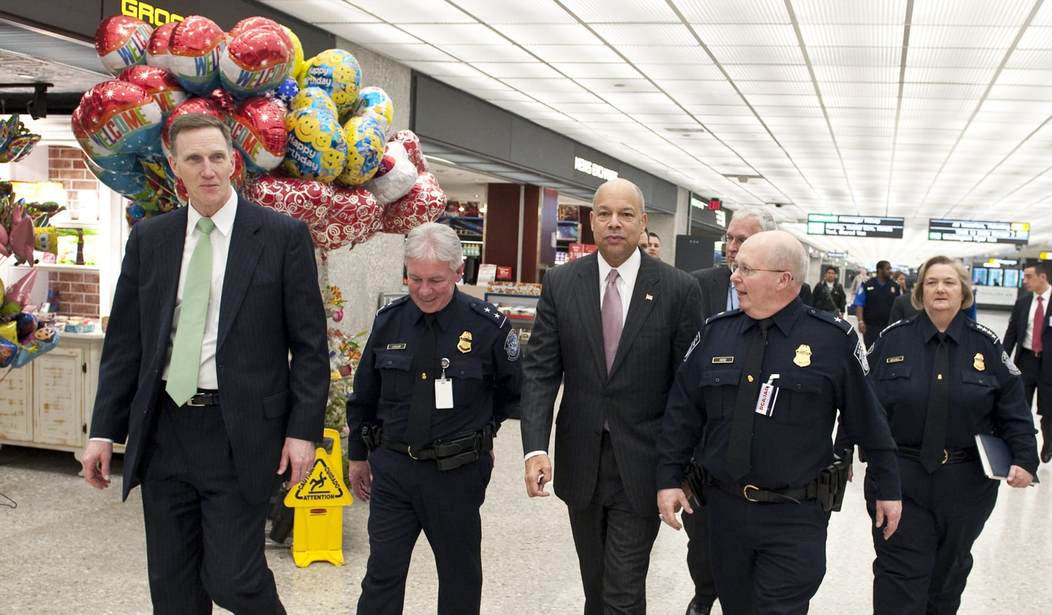
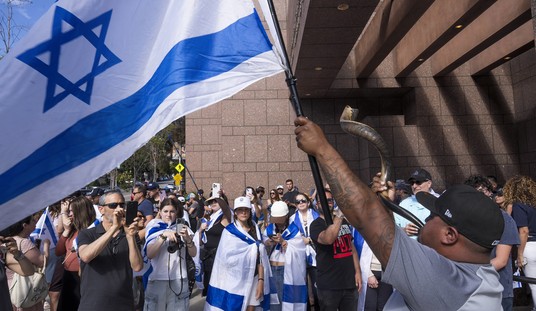
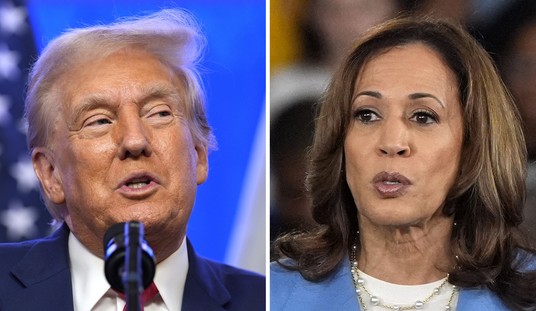
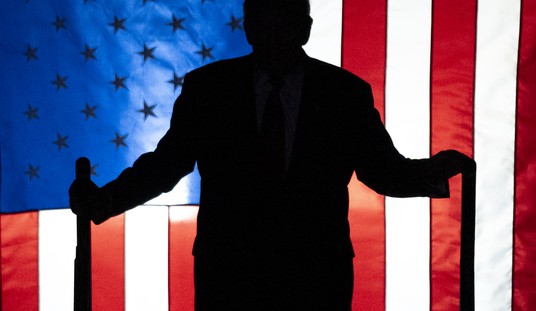
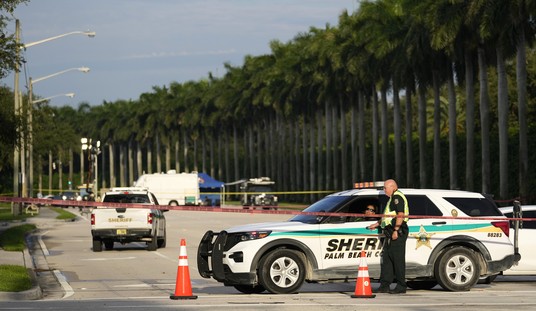
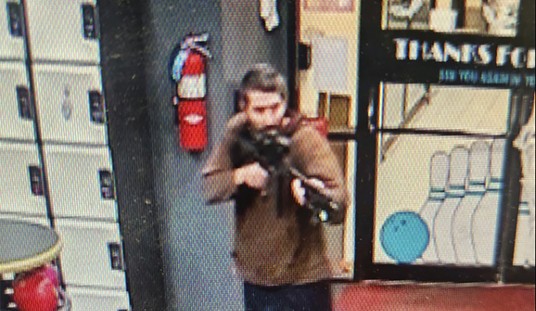
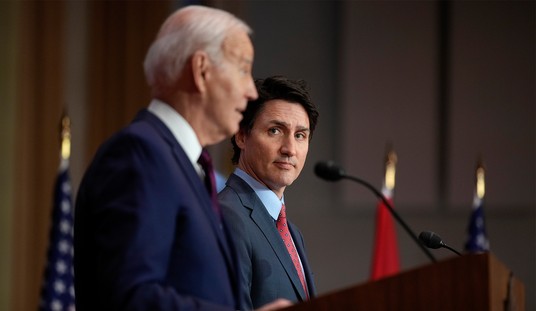
Join the conversation as a VIP Member